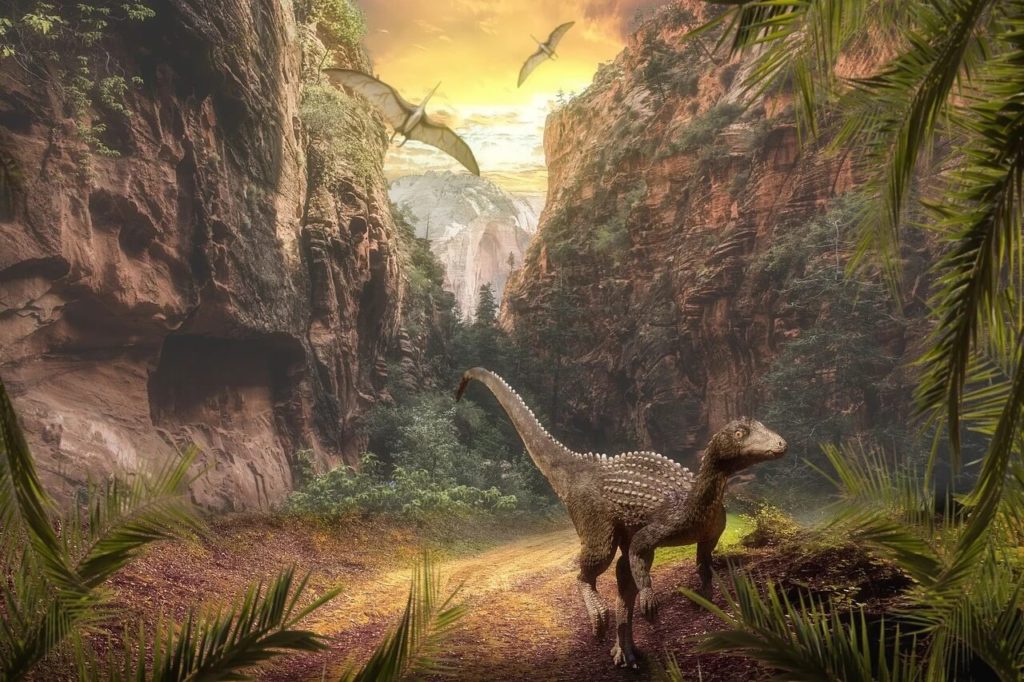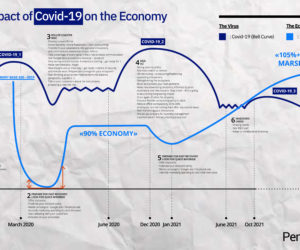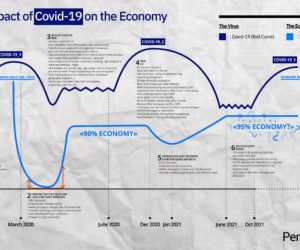To understand how the present moment is accelerating, and to give you a chance to step out of it, I cannot too strongly advise you to stop reading what café society adores and shares so freely on social networks: the latest strategic theories mixed with a huge dose of personal development.
You need to purge all of that radically. You need something with no humanistic semantic filtering – no 5.0 wellness – no champagne socialism – no promise of a better world – no 1524th version of harmony…
We have entered a phase of savagery, and you need lot of silicon in your eyes not to notice things like:
- We are facing a plague that eliminates the weakest among us. Sharp reminder: the Black Death is less serious than COVID-19, because at least we know how to cure it.
- The biggest economic crisis since 1929. And this time, it just might turn out to be worse than the Great Depression.
- Social conflagrations around the world.
- Low-level sporadic fighting between India and China.
- The biggest trade war since the second half of the 20th century.
At this point, I’m going to invoke Albert Camus (brilliant author of the oddly prescient novel “The Plague”, by the way): “To add to the world’s misfortune, call things by the wrong name.” So – we are living through a black tide of sh*t, and it needs to be said. We mustn’t sugarcoat it with pre-chewed, organic café society concepts. (Even when they’re just frying vegetables, they always add a little sugar…)

Here’s where I bring out Darwin and Schumpeter!
These two ancestors do not do details. One speaks roughly because he observes nature and sees himself above the pyramid. The other speaks unabashedly of entrepreneurs and crises … because as a professor, he is not really very involved. He had no need to put on kid gloves first.
Where Schumpeter finds (creative) destruction, Darwin speaks frankly of the imperative to adapt or face extinction. Have you ever heard of the disruption of species?
Well no, because on living scales, disruption does not exist.
When this economic crisis was first looming, between December 2019 and January 2020, we were already on the verge of lots of problems, both big and small:
- Industrialists are increasingly challenged by capricious consumers who are starting to turn away from the polluting products they build and their lack of social responsibility.
- The USA is a few weeks away from recession (in fact, recession technically arrived in February 2020). Curious, because nobody’s talking about it…
- The largest European economies are either stagnating or already in recession.
- Whole sections of the economy have not made the effort to completely digitize and display margins for survival.
And here we are … with a medieval virus blowing up 10 to 20% of the economy of OECD countries (depending on their portfolio of specialties).
Now that social programs are exploding, and frankly, now that we are just at the beginning, everyone is starting to understand.
Before the lockdown, 30% of McDonald’s sales – and its only growth point – came from selling breakfast, mostly to employees on their way to work. But since fewer people are leaving their homes to go to work, that figure is down 18%, and with massive telework, it shows no signs of going back up. A symbolic problem, maybe (unless you’re McDonald’s!) but for entrepreneurs and managers, a symbol of the urgent need to highlight that by the time we reach September, everything will be different:
- Sales channels are in transformation, with a 50% increase in e-commerce and a 15% contraction for everything else.
- Consumption has completely changed. Whether by orientation or by obligation, nobody wants frippery anymore. The European luxury economy has been seeing this for weeks, now, but we haven’t started talking about it much yet.
- The US unemployment rate has sailed past 13%, and is on track to reach an all-time high since, well, since forever.
- The relationship with real estate – private or professional – has been totally shaken up under the impact of mass telework. The rent economy will suffer. (And I should point out: I’m not the entrepreneur who’s going to suffer. The world of downtown commercial real estate offends me. For over 20 years, it has constantly been protected by financial and political authorities, to the detriment of the creation of new entrepreneurial wealth and the housing of working people. This is how the downtowns of Paris and Manhattan were turned into real estate reserves for Airbnb.)
- The demand for energy, still in the shadow of telework, has been permanently undermined. There was no simpler or more effective way of bringing down CO2 emissions. I see this as a straight-out stroke of Darwinian adaptation – that did not have to go through the Tesla automotive disruption box.
When everything changes at the same time – channels, flows, consumption – you can bet that the Schumpeter-Darwin association will demonstrate its ruthless logic.
All those who are not going to create (the word is adapted – it is strongly Schumpeter-flavored), something new, or who are not going to innovate relentlessly right now – immediately – run the risk of disappearing.
And in a Darwinian sense, we are about to witness a great extinction of companies, and a sifting of the middle class, executives included. The renting classes will suffer – even the ones in real estate. And that hasn’t happened in a very long time.
In this context, from the point of view of the observer, ideas of disruption are no longer adapted, and insufficient for entrepreneurs to be able to assert themselves. Disruption incorporates the element of duration into the growth process, a progression that implies lasting coexistence between “disruptor” and “disrupted”.
But at the moment, such timing is inconceivable.
The “disruptor” needs to quicken the pace, because crisis offers an unexpected opportunity for the “disrupted” to get back in the game.
Unless a third party arrives from outside and cancels all bets.
The only choice is to play your musical score as fast as you can – even if you have to change the music to do it.
We must destroy the previous economic generation and fulfill Schumpeter’s prediction. In the end, it is the most daring entrepreneurs who gain at the expense of those who did not realize that they had been living on their rents without knowing it.
The lesson of the past given to the future: disruption is for herbivores!
Schumpeter was right: about the crisis of 1929, about the post-war period, even about 2001. Perhaps his theory was applied slightly less in 2008, however, given that financial and economic policies at the time were intended to protect the renting class (a genuine anomaly).
But while the fury of this economic crisis is clearly comparable to that of the 1930s, as we witness so many economic shifts, it is hard to think that the predictions of the Austrian sage will not apply.
Disruption is dead! Long live destruction! Long live extinction! Long live the entrepreneurs!
Further reading:
Covid-19 / May-June edition: What are the right management tactics? What are other companies doing?
IT and Digital sector…. Who will survive? And how?
Why Smart IT Investment Leads the Way to Post-Recession Growth









